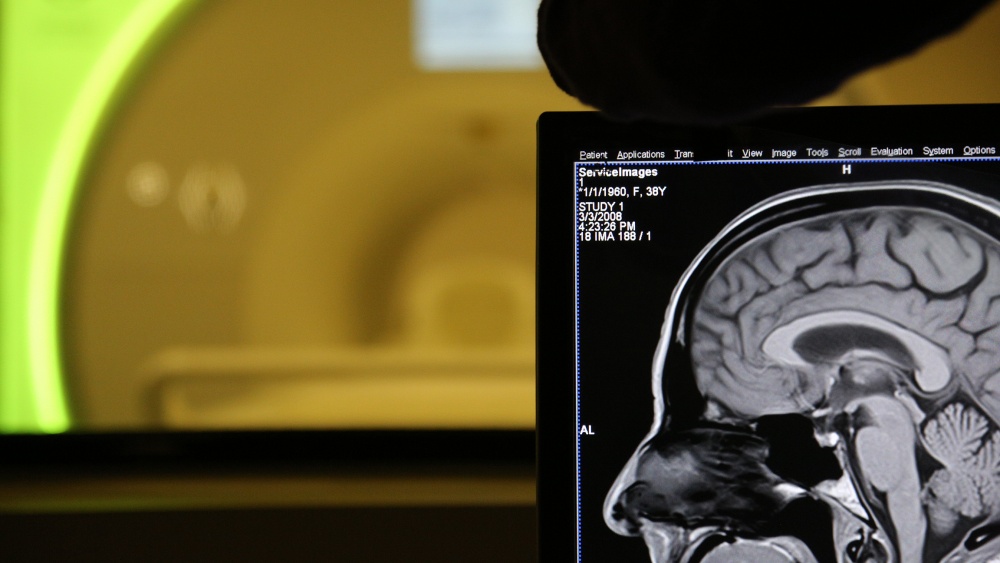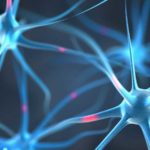In adolescents, affective disorders, including anxiety and depressive conditions, may aid in more accurate diagnosis using neurobiological signatures through brain imaging, according to a new study released in Biological Psychiatry.
For a diagnosis of psychiatric conditions, symptoms arising from a patient’s experiences are heavily relied on to emanate treatment, however patients with the same condition may exhibit dissimilar neurobiological patterns.
As a result, the team of researchers, led by Theodore Satterthwaite, a researcher at the University of Pennsylvania, initiated a comprehensive probe on the brain imaging scans of more than 1,000 adolescents who demonstrated symptoms of anxiety and depression to get a better understanding on this.
In examinations of the participants, researchers focused on brain volume, white matter integrity, brain connectivity, and measurements from cognitive tests.
Researchers stated: “Here we review progress and next steps in efforts to parse heterogeneity in psychiatric symptoms in youth by identifying abnormalities within neural circuits.”
“We provide an overview of these methods, broadly organized into dimensional vs. categorical approaches and single-view vs. multi-view approaches. Dimensional approaches including factor analysis and canonical correlation analysis aim to capture dimensional associations between psychopathology and brain measures across a continuous spectrum from health to disease,” the findings state.
In the study were two subtypes of disorders: the participants in the first clinical subgroup exhibited deficits in brain structure and function, in addition to more marked psychological symptoms compared to other participants, researchers noted. In the second clinical subtype, symptoms of anxiety and depression were evident, however the deficits associated with brain structure and function were dissimilar, researchers indicated.
“These results suggest that there may be distinct underlying neurobiological signatures of these common symptoms despite similar clinical presentations,” concluded Antonia Kaczkurkin, co-author of the study.


